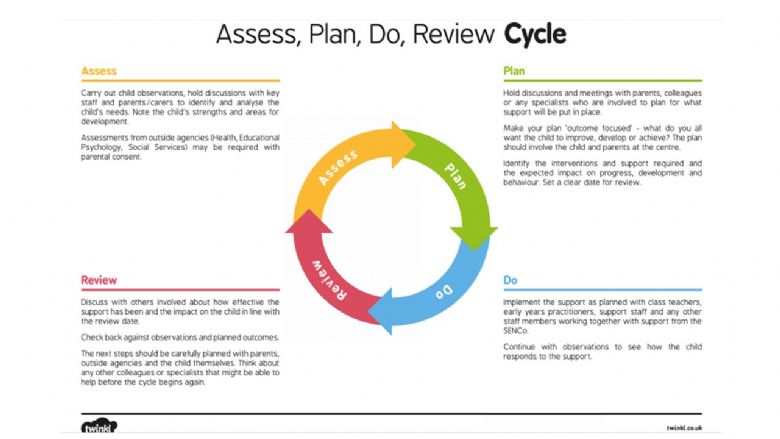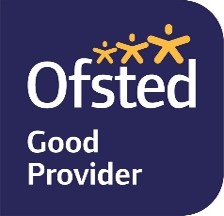SEND FAQs for Parents
As a parent of a child with Special Educational Needs and / or Disabilities you are very likely to have lots of questions. Below are a few of our FAQs. We have lots of more detailed information, which may answer your questions further, in our SEND Report, SEND Policy and Accessibility Plan. All available on our School Website on the SEND Page.
Q: What is SEN / SEND?
A: SEN / SEND stands for Special Educational Needs/Special Educational Needs and Disabilities. A pupil is deemed to have Special Educational Needs if they are finding it harder than other pupils to make progress. This may be due to a specific learning difficulty, a recognised disability such as hearing impairment, emotional or social difficulties, or speech and language difficulties. Some pupils will only be classified as SEND for a short time, others may remain so for the rest of their time in school. The Whiteoak Academies have an SEN register which records all SEND pupils, and we track the progress of these pupils closely. A child on the SEN register is calssified as "SEN Support".
The SEND Code of Practice 2015 and the Children and Families Act 2014 gives guidance to health and social care, education and local authorities to make sure that children and young people with SEND are properly supported.
Q: How is SEND Identified?
A: SEND can be identified at an early age, and for some pupils, it can emerge later. At the Whiteoak Academies, Class Teachers will observe and monitor assessments of pupils regularly to identify students who may be making less progress than expected given their age and individual circumstances. Persistent withdrawn and disruptive behaviours can also be taken into consideration. If a child is a cause for concern they will be raised at Pupil Progress Meetings and SEN Surgeries held with SLT and the SEND co-ordinator (SENCO). If you think your child may have Special Educational Needs, your first point of contact is with your child's Class Teacher. If however you have further concerns please do contact the SENCO, Mrs Abby Murray, to discuss any concerns.
Q: What is the Graduated Approach?
A: At the Whiteoak Academies we instigate a Graduated Approach to supporting our SEND pupils, in line with the SEND Code of practice 2015. We will follow the four steps (Assess, Plan, Do, Review) and meet regularly with parents to involve them in the process. The diagram below explains this.

Q: Will my child have an IEP (Individual Education Plan)?
A: If your child is SEN support they are very likely to have an IEP. At the Whiteoak Academies this is known as a WISP - Whiteoak Individual Success Plan. A WISP is a method of setting SMART targets, specific to the pupil's needs and measuring small steps of progress. WISP's are also required by the Local Authority as a source of evidence when applying for an Education Health and Care Plan (EHCP) Needs Assessment.
Q: How can my child get additional funding?
A: Additional funding must be applied for from the Local Authority. This funding is known as "Top Up Funding". To receive Top Up Funding a pupil must have an Education, Health and Care Plan (EHCP).
Q: What is an Education, Health and Care Plan?
A: An Education, Health and Care Plan or EHC / EHCP is a statutory legal document which describes a child or young person’s Special Educational Needs and/or Disabilities (SEND). An EHCP is written and provided by a Local Authority in order to give children and young people the help and support they need to make progress academically, socially and emotionally. An EHCP replaced a Statement of Special Educational Need (SEN) when the revised Code of Practice was introduced in 2014.
Q: Who is an EHCP for?
A: An EHCP is for any child or young person who has a significant and complex Special Educational Need or Disability. An EHCP is required when a child’s needs cannot be met by the usual support that is available to them in their school or setting. Many children with SEND receive support in their school or setting without an EHCP, however, their support would come from resources already available within the school. This is called SEN Support. Following intervention at the SEN Support level, some children or young people’s needs may be deemed significant and complex and therefore require an EHC Needs Assessment by the Local Authority. If you feel that your child requires an EHCP, please make an appointment to speak to the SENCO to discuss the next steps.






